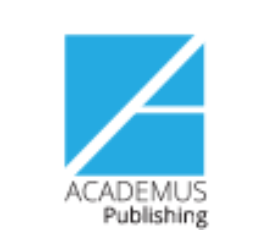
We assign DOI and ORCID
Academus Publishing assigns DOI to all published works, and ORCID numbers for all our authors. Using identifiers and working with international databases is the basis for international exchange of scientific information.
DOI (Digital Object Identifier), or digital object identifier, is the standard for indicating the provision of information on the Internet. The DOI number is always the same and you can easily find a magazine, article or book on it.
With the DOI standard, publishers all over the world work. In addition, the world scientific community does not recognize electronic publications without the DOI number, since without it the article is not stable enough on the Internet and may disappear, which negatively affects the indexing of citations. It is noteworthy that with the help of the DOI number the work can get into Scopus and Web of Science. In the event that a scientist in his publication included in the Web of Science and Scopus refers to a work (an article, a monograph or a study guide) with DOI, then such a product automatically enters the Web of Science and Scopus and receives its own citation index therein.
The DOI search is carried out on the International DOI Foundation (IDF) sites and CrossRef.
Organization ORCID provides an unmistakable binding of authors to their works. Assignment to the author of the international scientific identifier ORCID guarantees that regardless of the correctness of writing the author's name and its identification in various international or national databases of scientific publications, all the works of the author will be associated with it. The members of ORCID are the largest world publishers and full-text libraries (Elsevier, Thomson Reuters, Wiley, Springer), abstract databases (Web of Science and Scopus), DOI Foundation, Crossref, CERN, American Physical Society and others.






